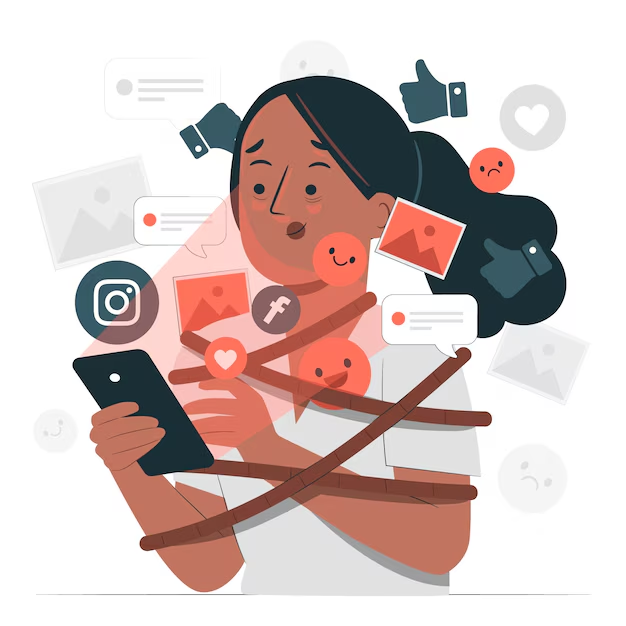On July 9, 2024, Virginia Governor Glenn Youngkin took a brave and controversial step to address the growing concerns about students’ mental health and academic focus. Executive Order 33 was issued, mandating age-appropriate restrictions on cell phone usage during school hours across the state. The cell phone restrictions in classrooms policy was implemented at the start of the 2024-2025 school year, with the support of teachers, administrators, district staff, and parents.

While school districts will have some flexibility in implementing and enforcing this order, the core message is clear: student cell phone use during school hours is now recognized as a significant health concern. This decision is backed by recent research and alarming statistics:
- Many school-age children with access to cell phones spend nearly five hours per day on social media.
- The threshold for social media negatively impacting mental health is just three hours per day.
- The U.S. Center for Disease Control and Prevention reports a worrying increase in suicide rates for both boys and girls.
3 Potential Benefits to Cell Phone Restrictions in Classrooms
Although the full impact of Executive Order 33 remains to be seen, as well as whether everyone (including parents) will be on board, there are several potential benefits to banning cell phone use in schools:
1. Improved Mental Health
By restricting access to cell phones, students will have less opportunity to engage in constant social media interactions during school hours. This can reduce the pressure to immediately respond to posts or share every moment of their day, potentially lowering stress and anxiety levels.
Another benefit of slowing down the response on social media is that it provides additional think time in responses to potentially heightened exchanges. A few extra hours to calm down and think through the situation will do everyone a world of good. It helps the concept of “think before you post.”
2. Stronger Interpersonal Relationships
Have you ever noticed that it is often easier to post a degrading comment online than to say it to someone’s face? It is less confrontational, because we are not physically standing in front of the other person. There is less ownership we need to take of the comment because we are not looking the other person in the eye as we say something untoward about them.
Even with positive exchanges on social media or texting, many students are choosing to engage with their technology when they connect with friends rather than face-to-face interaction. The back and forth that is necessary to learn in a conversation is not necessarily learnt.
Without the option to text or use social media, students will have to engage in face-to-face conversations, or else wait until after school. This can lead to improved social skills and deeper, more meaningful relationships with their peers.
3. Academic Focus
Removing cell phones as a distraction allows students to concentrate more fully on their studies. Research has shown that humans are not effective multitaskers, and many students struggle to ignore their phones during class time. This policy could lead to improved academic performance and better retention of information.
As a classroom teacher, I have fought the daily exchange with my students on cell phone use. Rather than focusing on the content, you can see them try to figure out a way to look at their phone and perhaps sneak a text or two. All that concentration is wasted, when I need them to be focusing on the content. Banning cell phone use during the school day will not necessarily take away all distractions, but it will help. There’s a good chance that our students might focus on learning more often.
As this new policy moves forward and gains teeth, it will be crucial to monitor its implementation and effects inside our schools. It only works if everyone is on board, but the benefits of cell phone restriction in classrooms to students’ mental health, social skills, and academic performance could make a crucial difference in our youth.